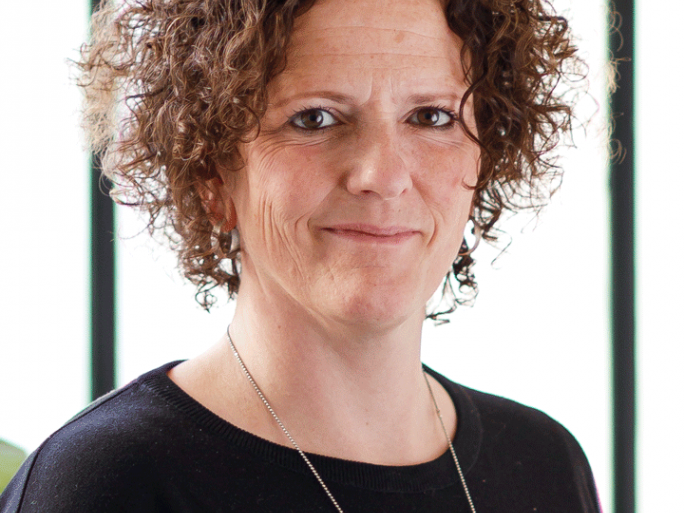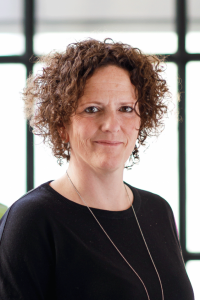In Other Countries, the Classic Division of Roles is No Longer That Present

Interview with Cornelia Lass, Vice President People at Xentral, about quotas, lip service and traditional beliefs.
How do you rate the role of women in STEM professions in Germany, especially in the technology sector?
Generally, I believe that we are still not where we should and could be. Women are still severely underrepresented, especially in leadership positions in STEM professions. Some things are happening, for example, the subject has generally become more visible and some companies are setting a good example. But still, I think these efforts are just a drop in the bucket.
What work is being done well at the university and training level, and what initiatives do you think are still in need of improvement?
The higher education landscape ultimately reflects our society: even here, we still find far too few female professors in decision-making positions. Nevertheless, I see some good initiatives here for students who have made it their goal to get more women into STEM professions. Apprenticeships, on the other hand, are still lagging behind more. Basically, it is up to the respective companies that employ the trainees how they advertise the job profiles in a way that is also attractive to young women. In any case, there is still a lot to do here.
In your opinion, which job profiles have the greatest potential for women?
This question should not (have to) be asked at all. After all, there really shouldn’t be any differences. Every woman and every man should have the same opportunity in all job profiles.
Is the gender gap greater than in our neighboring countries?
I think the Scandinavian countries in particular are clearly ahead of us in this respect. In this country, we still don’t reconcile family and career enough. Our system needs to change further – for example, there should be no question at all as to whether a woman returns to work after parental leave. For many, childcare costs are still a major obstacle. In addition, the differentiation between full- and part-time jobs is still too widespread. We need to do a lot more rethinking.
How did you experience the last year, has the gap narrowed or is the situation similar?
Unfortunately, the last two years have often made it very clear in this country that it is taken for granted in our society that the woman will take care of the children and, if necessary, put her career on hold in return. In other countries, this classic division of roles is no longer that prevalent. But I also observe in Germany that men are also in a dilemma – for them, the part-time option is often not even considered by their employers.
Do you think the necessary measures are being taken to narrow the gap?
I’m actually not a fan of quotas at all. But meanwhile I’m at a point where I say: it will probably only work this way. Because otherwise, unfortunately, too little is happening as far as I’m concerned. I think that politics has to take much stronger action. For example, there could be an equality index for companies. Because it is still so firmly anchored in the minds of decision-makers that the only way to make decisive progress is through external regulation by the political sector
What is the percentage of women in your organization? Do you take measures to achieve equal representation?
Xentral is still a relatively young company. On our core management team, three of the seven members are women. Otherwise, like almost every other IT company, we have about 30 percent women. However, for us in recruiting as well as in personnel development, it is important that we do not make any distinction between women and men. Our goal is to find the right person for the position. If that person can only work part-time, for example, we will find a solution for that.
What experiences have you had yourself, and have you ever felt let down by your colleagues because you are a woman?
Looking back on my career so far, I notice that I have always received the greatest support from women – and it doesn’t matter whether they had children of their own or not. At the same time, I would like to emphasize that I have never experienced any disadvantage as a woman. What I have noticed, however, is that in management teams, the filling of management positions by women was definitely questioned or that working part-time was met with prejudice. That’s why it’s all the more important to set a good example ourselves and fill our open positions at Xentral according to performance and not according to gender, origin, or the like.

is Vice President People at Xentral and has more than 20 years of experience in various leadership positions in the field of human resources and corporate culture – among others at Accenture and the fintech provider Avaloq.